
To best improve health equity, population-based payment models should both incorporate social goals and increase payment for historically marginalized communities, a recent study has found.

To best improve health equity, population-based payment models should both incorporate social goals and increase payment for historically marginalized communities, a recent study has found.
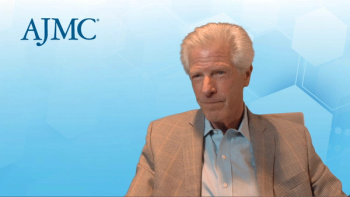
Creating new incentive models and transparently sharing data in a way that changes behaviors are 2 ways to reduce low-value care in the health care system, explains Ken Cohen, MD, director of translational research for Optum Care.

A survey of all Arizona physicians found that accountable care organization, clinically integrated network, or integrated delivery network participation was associated with higher use of health information exchange. However, there are exceptions and important barriers noted.

The 10 drugs selected for Medicare Part D price negotiation with HHS will be announced on September 1, 2023, HHS said Wednesday.

We want to make it easy for our patients to manage and navigate the financial toxicity they encounter from their cancer care, noted Mike Koroscik, MBA, MHA, vice president of oncology, Allina Health and the Allina Health Cancer Institute.
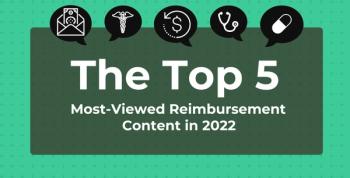
The top 5 pieces of content published on AJMC.com relating to reimbursement issues included 2 on the significance of a California law giving Medicare beneficiaries access to expert oncology care; other articles looked at the work involved in value-based care models and CMS news.
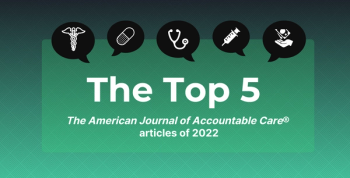
The top content published in The American Journal of Accountable Care® (AJAC) covered redesigning health care, value-based care, and novel payment models, like the ACO REACH model.

The most-read articles related to our Strategic Alliance Partnership (SAP) program focused on behavioral health, oncology care, and partner news.

The combined resources of CareOregon and SCAN Group’s health plan and care delivery subsidiaries, operating under the HealthRight umbrella, will have revenues of $6.8 billion and will serve nearly 800,000 health plan members.
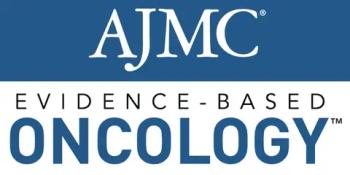
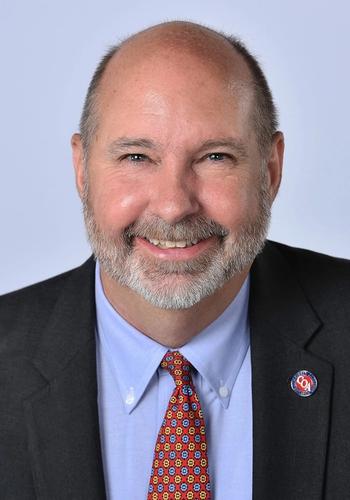

Our current health care reimbursement system rewards procedures and undervalues the time spent talking with patients and learning their history, which speaks to the need for primary care redesign, according to Vineet Arora, MD, MAPP, dean for medical education at UChicago Medicine.

Coverage from the first day of the inaugural OneOncology Physician Leadership Conference, held November 11-13, 2022, in Nashville, Tennessee.
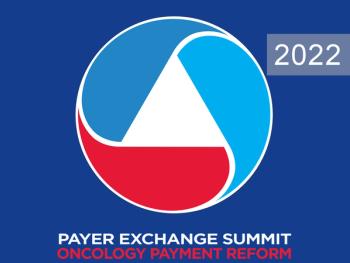
Coverage from the Community Oncology Alliance Payer Exchange Summit, held in Tyson's Corner, Virginia, October 24-25, 2022.


A national survey demonstrated differences in organizational capacity between hospitals participating in Medicare bundled payment programs and those coparticipating in both Medicare and commercial bundled payment programs.

Impending cuts to Medicare physician services could have an overwhelmingly negative impact on millions of older patients and individuals with disabilities across the country.

In a recent study, it was found that individuals with public health insurance had worse health competence beliefs, reducing transition goals, expectations, and beliefs.

Coverage from the Institute for Value-Based Medicine® session with Astera Cancer Care in Edison, New Jersey, held November 3, 2022.

The groups who told researchers they would be more likely to skip additional testing had lower levels of income or education and were more likely to be on Medicaid or be uninsured, among other factors.

A survey conducted by the Health Care Payment Learning and Action Network found that “more plans are using incentives in value-based care arrangements to improve health equity.”

While those with Medicaid insurance were more likely to have an insurance transition before or after giving birth, those with private insurance were also found to have insurance changes.

The 2023 Physician Fee Schedule final rule was released and swiftly drew condemnations from physician leaders because of a 4.5% cut to reimbursement.

Joseph Alvarnas, MD, vice president of government affairs at City of Hope and chief clinical adviser of AccessHope in Duarte, California, discusses the recently passed Cancer Care Equity Act in California that provides access to clinical trials and advanced care for Medi-Cal beneficiaries.
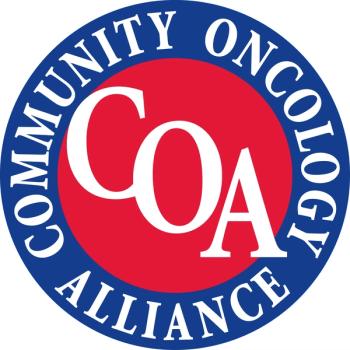
The quest to deliver better cancer care—with better outcomes and patient experience—is not a one-size-fits-all journey, as seen in panels during the Community Oncology Alliance (COA) Payer Exchange Summit, held in Tyson’s Corner, Virginia.

259 Prospect Plains Rd, Bldg H
Cranbury, NJ 08512
© 2025 MJH Life Sciences®
All rights reserved.
